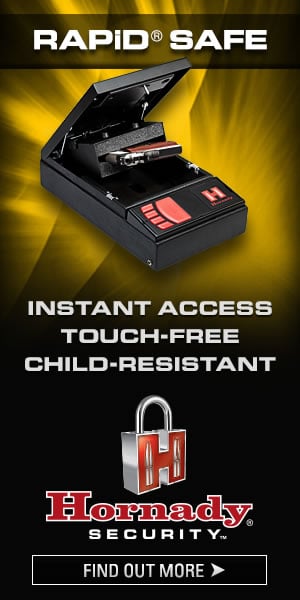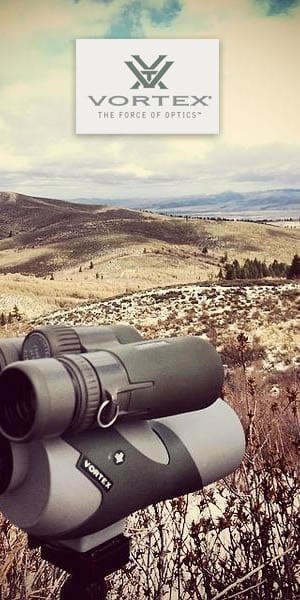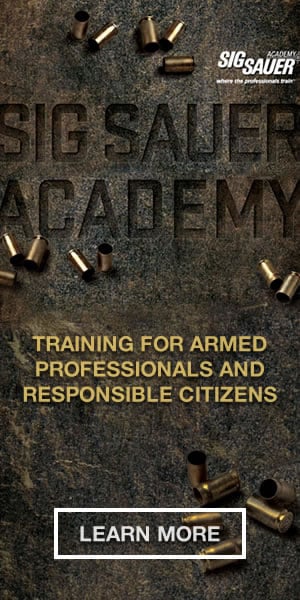For the new and not so new defensive handgun user, choosing which type of ammunition to use for self-defense can be somewhat bewildering. There are so many potential loads for any given caliber to select from, and of course, the defensive handgun user wants to use the most effective ammo that brings out the best for the particular caliber they selected to stake their lives on. Relax and read on, because the question of which defensive ammo to select is fairly easily solved.
For handguns, there are two basic types of loads that one will encounter when acquiring a handgun for home or concealed carry protection-practice and defense. Let's take a look at both types and their applications.
Practice Ammunition
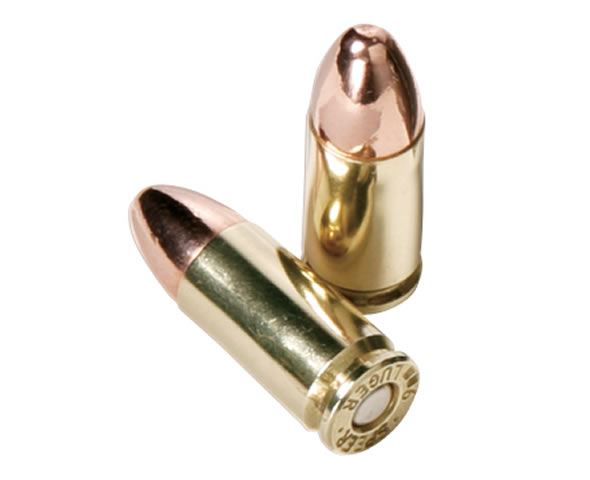 Full Metal Jacket (FMJ) Practice Ammo
Full Metal Jacket (FMJ) Practice Ammo
Practice loads are the simplest form of handgun ammo available; generally loaded with a plain lead or full metal jacket bullet. Interestingly, it was not all that long ago that both these forms were also used as primary self-defense loads. Some examples are the 230 grain full metal jacket (FMJ) .45 ACP load used by the military and police, the .38 Special 158 grain plain lead round nose police load, and the 115 or 124 grain 9mm FMJ loads. Plain bullets were the norm before the science of controlled expansion (CE) or hollow point ammunition was full developed. Today, lead and FMJ loads are generally reserved for target practice or competitive use in "action pistol" or cowboy action shooting sports. Why aren't these bullets suitable for self-defense today? There is one critical reason. They tend to penetrate too deeply, punching through the life-threatening target you are shooting at, and endangering innocents on the other side. Loads specifically designed for self-defense are a far better choice.
Self-Defense Ammunition
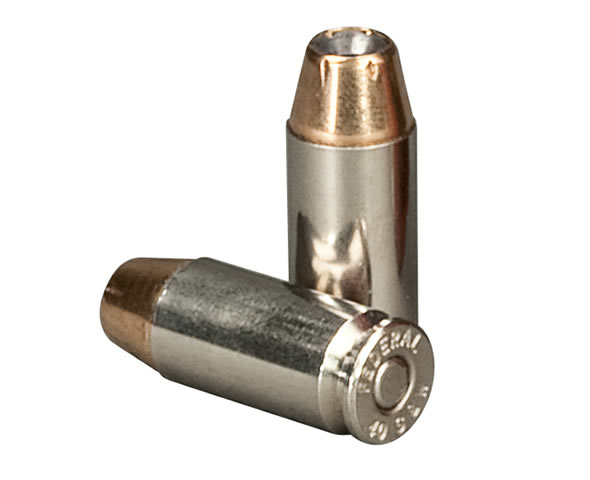 Jacketed Hollow Point (JHP) Rounds
Jacketed Hollow Point (JHP) Rounds
Modern self-defense handgun ammunition undergoes more testing, research and design than any other type of ammunition due its use in life or death situations. Ever since the FBI standardized handgun ammunition performance standards in the 1990's, manufacturers have spent large sums of money to make sure their ammo meets the FBI Protocols. This allows them to obtain law enforcement ammo contracts since law enforcement in general relies on the FBI testing results when it comes time to select their duty ammo. This research influenced civilian handgun ammunition development as well, resulting in improved performance and selection options for civilian users.
The CE self-defense ammo that you select for your home defense or concealed carry handgun must meet three basic requirements aside from the FBI Protocols, which are a bit more complex than they sound on the surface, but are essential in terms of your defense, and limiting personal liability. Accuracy is not included in this list as any CE ammunition from reputable manufacturers is more than accurate enough to do the job.
- CE ammunition must function reliably in the firearms it is designed to operate in. With revolver ammunition, that is not as hard a standard to meet. Semi-automatic pistols are a different story. Defensive ammo that won't reliably run in a pistol is of no value whatsoever. Today's manufacturers have done a great job in making sure their loads run well. Couple this with the fact that all modern handguns are built to run with CE ammunition, rather than just FMJ loads, and you have little likelihood that your gun and load won't work well together. But always test a CE defense load before carrying it.
- CE ammunition must penetrate to a sufficient depth to reach vital organs in a dangerous human target. This is the only way to be assured that the ammunition will halt the threat. In the FBI Protocols, a penetration depth of between 12-15 inches in ballistic gelatin test medium is considered ideal. Lesser penetration reduces the likelihood of quickly ending a deadly threat. On the other hand, too much penetration increases the chance of endangering bystanders, even with direct hits on the threat by over-penetration. Remember that you are responsible for every round you fire, and every bit of damage those rounds do until they stop.
- CE ammunition should expand consistently to a diameter as much wider than its original diameter as possible. There are two reasons for this. First, expansion is the main factor that limits penetration. Second, the larger the diameter of the bullet, the more tissue it impacts and, to put it bluntly-destroys-the more effective it is. It takes a lot of research, design and testing to come up with bullets that meet those requirements. Fortunately, most manufacturers meet that standard.
Hornady, Federal, and Winchester are among the three largest defensive ammo manufacturers, and among the biggest suppliers to Law Enforcement agencies. You won't go wrong with any of their CE loads. Winchester Silvertip was the first duty load I carried as a reserve deputy in .38 Special caliber some 35 years ago. It is still available and a good performer. I currently carry Federal's Low Recoil Hydra-Shok .380 ammo in my Walther PPK/s. It performed very well in my tests. It penetrates and expands well. Winchester recently simplified ammo selection by introducing its "Train and Defend" line of handgun ammunition that features practice ammo and CE defensive ammo loaded to the exact same performance standard. This allows you to train with ammo that behaves exactly the same way in your handgun no matter which type you are shooting.
Don't scrimp on your self-defense ammunition. It does cost more than practice ammo, but hopefully you can see the reasons for using it. Don't put yourselves in a bad position in terms of safety or legally, in terms of liability. Load only quality ammo designed for self-defense purposes in your handguns. Save the less expensive ammo for practice.
